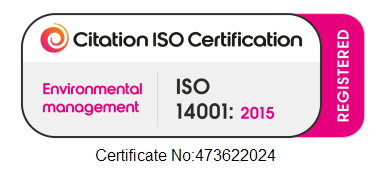Why choose an environmentally friendly promotional item
Examining the marketing thinking behind environmental messaging

Why choose Environmentally Friendly Promotional Products
Environmentally friendly promotional products made from recycled materials or biodegradable materials tend to be more expensive than plastic based products. So why spend the extra money?
1. Because you are a ‘green’ brand
Some brands are entirely focussed on their environmental position. Lush Cosmetics, for example, are natural products with an eco-friendly ethos running through the whole company. From the product, the packaging to the store lighting and the charities they support. For them, any promotional item have to be made from recycled materials from leaflets printed on recycled paper to gifts. To use anything else would be an anathema.
2. Because you have an environmental message as well
We work with a number of brands who you would not class as ‘eco’ companies who nonetheless have a message about their Social Responsibility. Energy clients are a good example. Drax Power is known across the UK for its large scale coal fired power stations. The power stations emit huge amounts of carbon dioxide and so that puts Drax in the firing line for the environmental lobby. But Drax has been changing to removing coal from its power stations and investing in renewables. Their issue is getting that message out.
Drax is an example of a company which has a message to communicate – one which unlike Lush is not immediately obvious. Hence it is more important that literature and promotional items push that message out to clients, consumers and government.
3. Because we need no more plastic in the world
Other businesses may not have a particular environmental message but they do not want to be seen as adding to the problem. For them it is not a particular message that needs to be sent but rather part of a wider Social Responsibility. Not trying to look like eco-warriors but not looking to add to the problem either.
4. Greenwash
I have heard there are lots of customers to be won by saying you are environmentally conscious. Not sure what it all means but if I can win more business then why not?
Clearly the last statement was somewhat tongue in cheek but not massively. We have been asked by car manufacturer for recycled notebooks and have in the past been asked by a well-known burger chain for sporting products. Beware your consumer is not stupid!
Share this blog:





